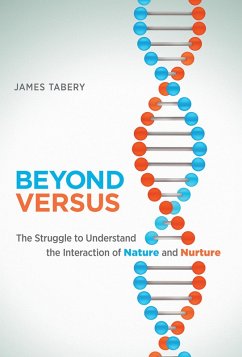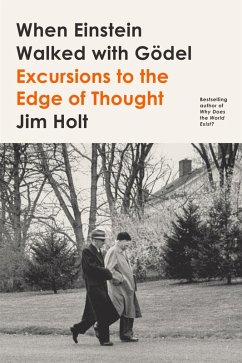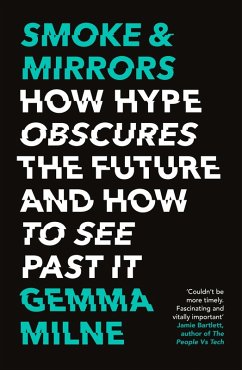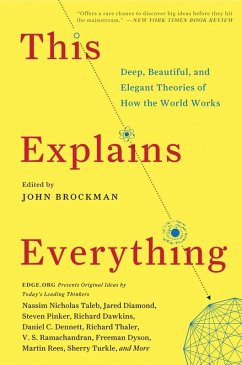
Science Versus Pure Mathematics (eBook, ePUB)

PAYBACK Punkte
0 °P sammeln!
I seek to demonstrate that in the evolution and growth of science, the 'underdetermination thesis' of some prominent philosophers and scientists (like Quine, Kuhn, or Feyerabend), that there are always a large number or possibly an infinite number of theories to fit the data or explain empirical patterns, is false. The 'underdetermination thesis' has been debated by physicists, mathematicians, and philosophers for several centuries, and I seek to show that, in science, at any point in the evolution and development of science and its various branches, there are only a few or relatively small nu...
I seek to demonstrate that in the evolution and growth of science, the 'underdetermination thesis' of some prominent philosophers and scientists (like Quine, Kuhn, or Feyerabend), that there are always a large number or possibly an infinite number of theories to fit the data or explain empirical patterns, is false. The 'underdetermination thesis' has been debated by physicists, mathematicians, and philosophers for several centuries, and I seek to show that, in science, at any point in the evolution and development of science and its various branches, there are only a few or relatively small number of concepts and theories in any scientific field that compete with each other to explain the phenomena under the jurisdiction of any scientific branch or field. I also provide a review of kinds and styles of scientific explanation, including kinds and styles of scientific explanation used by scientists that go beyond traditional or classic categories of scientific explanation (discussed by Popper, Hempel, or Nagel) such as covering laws or causal models.
Dieser Download kann aus rechtlichen Gründen nur mit Rechnungsadresse in A, B, CY, CZ, D, DK, EW, E, FIN, F, GR, H, IRL, I, LT, L, LR, M, NL, PL, P, R, S, SLO, SK ausgeliefert werden.













